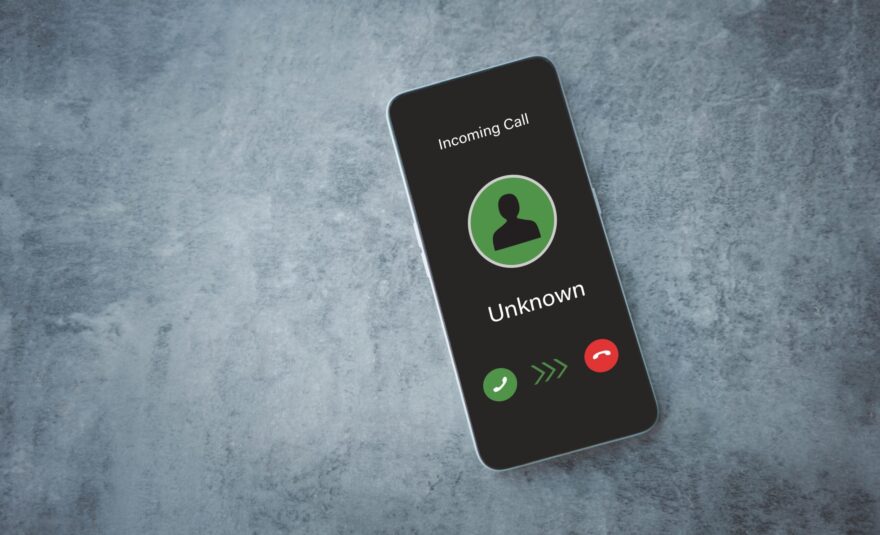
In recent years, the Internal Revenue Service (IRS) has employed private collection agencies (PCAs) to recover overdue tax debts. While this initiative aims to improve tax collection efficiency, it has also created opportunities for scammers to exploit taxpayers. Understanding how these scams work and how to protect yourself is crucial for anyone dealing with tax debt.
Private Collection of Tax Debts
The IRS contracts with a limited number of PCAs to collect certain overdue tax accounts. These overdue accounts are tax debts that IRS employees are not actively working to collect. The IRS usually employs the following criteria to assign these tax debts to PCAs:
- The IRS does not have the resources to pursue the debt or cannot locate the taxpayer.
- The taxpayer had no contact with the IRS in more than a year.
- The assessment is over two years old, and the account has not been assigned to an IRS employee for collection.
The IRS is currently working with the following PCAs:
- CBE Group, Inc.
- Coast Professional, Inc.
- ConServe
How IRS Private Collection Agencies Operate
PCAs must adhere to strict guidelines set by the IRS to ensure fair treatment of taxpayers. Here’s how the legitimate process works:
- IRS Notification: Before your account is transferred to a PCA, the IRS will send you Notice CP40 and Publication 4518, informing you of the transfer and providing you with a Taxpayer Authorization Number (TAN).
- PCA Contact: The PCA will then send you a letter confirming that they will handle your tax debt and will contain the same TAN as the IRS letter.
- Communication: PCAs can contact you by phone or mail but will never demand immediate payment using specific methods like prepaid cards or wire transfers.
- Payment: Payments are made directly to the IRS, not the PCA. The PCA will provide instructions on how to pay the IRS.
Common Scams and Red Flags
Scammers often pose as IRS PCAs to trick individuals into making payments or divulging personal information. Here are some common tactics and warning signs:
- Immediate Payment Demands: Scammers may demand immediate payment via unusual methods like prepaid debit cards, gift cards, or wire transfers. Legitimate PCAs will never ask for payment this way.
- Threatening Language: Fraudsters often use aggressive and threatening language, claiming that you’ll be arrested or face severe penalties if you don’t comply. Real PCAs should not use such tactics.
- Spoofed Caller ID: Scammers can manipulate caller ID to make it appear that they are calling from the IRS or a legitimate PCA. Be cautious of unsolicited calls demanding personal information.
- Requests for Personal Information: Be wary of unsolicited requests for personal information like your Social Security number, bank account details, or other sensitive data. Legitimate PCAs will not ask for this information over the phone.
How to Protect Yourself
- Verify Authenticity: If a private collection agency (PCA) contacts you, verify their legitimacy. You can contact the IRS directly to confirm whether your account has been assigned to a PCA.
- Know Your Rights: Familiarize yourself with the rights outlined in the Fair Debt Collection Practices Act (FDCPA) and the IRS guidelines for PCAs.
- Secure Payments: Always make payments directly to the IRS. If a PCA gives you payment instructions, verify them through the IRS website or by contacting the IRS.
- Report Scams: If you suspect a scam, report it to the Treasury Inspector General for Tax Administration (TIGTA) and the Federal Trade Commission (FTC). These agencies track and investigate tax-related fraud.
Consult With Your Local Tax Professional
IRS private collection agency scams are a serious threat, but staying informed and vigilant can protect you from becoming a victim. Always verify any communication claiming to be from the IRS or a PCA, and never rush into making payments or sharing personal information.
Call East Coast Tax Consulting Group today to get help from licensed tax professionals who can assist you in finding the best resolution to your IRS tax debt.

